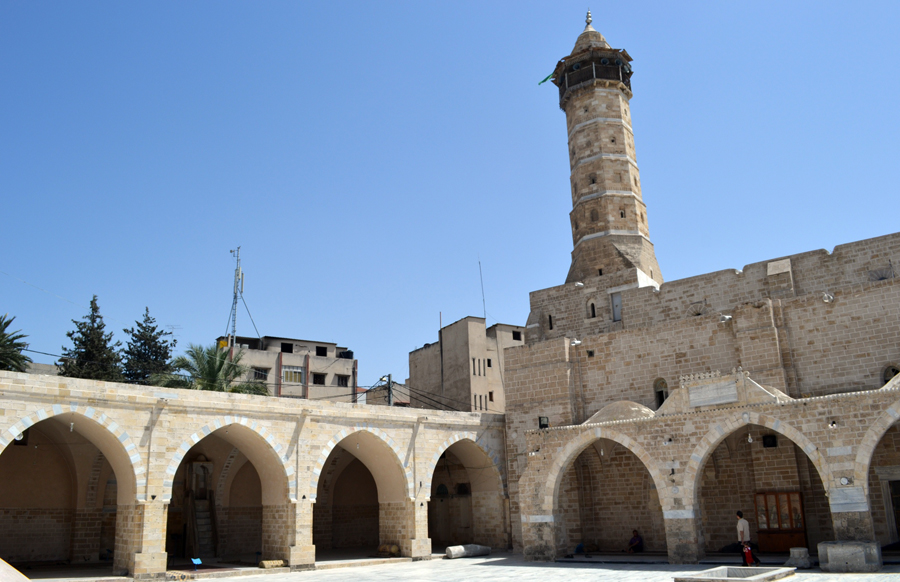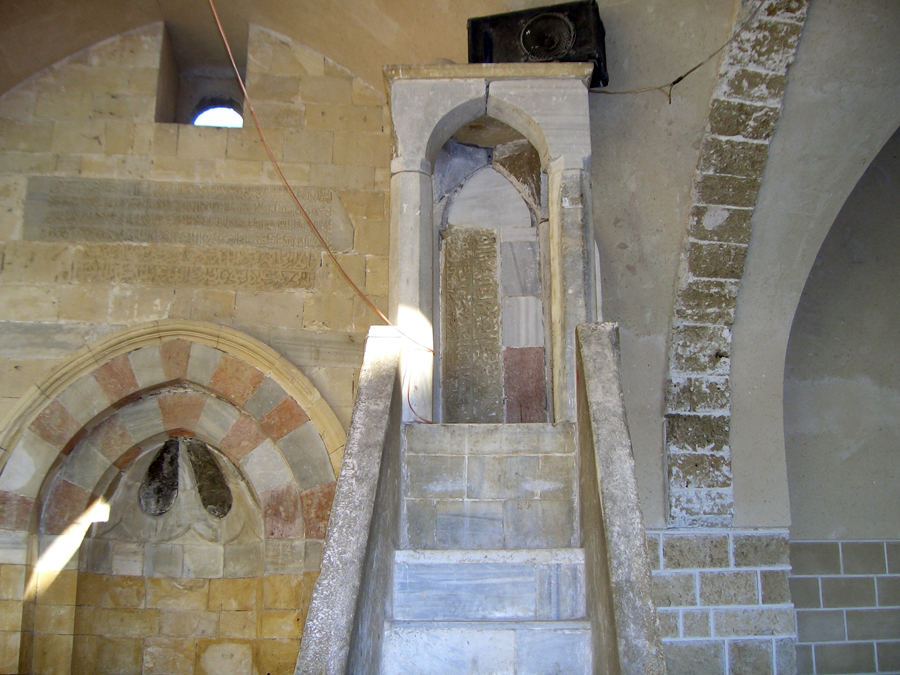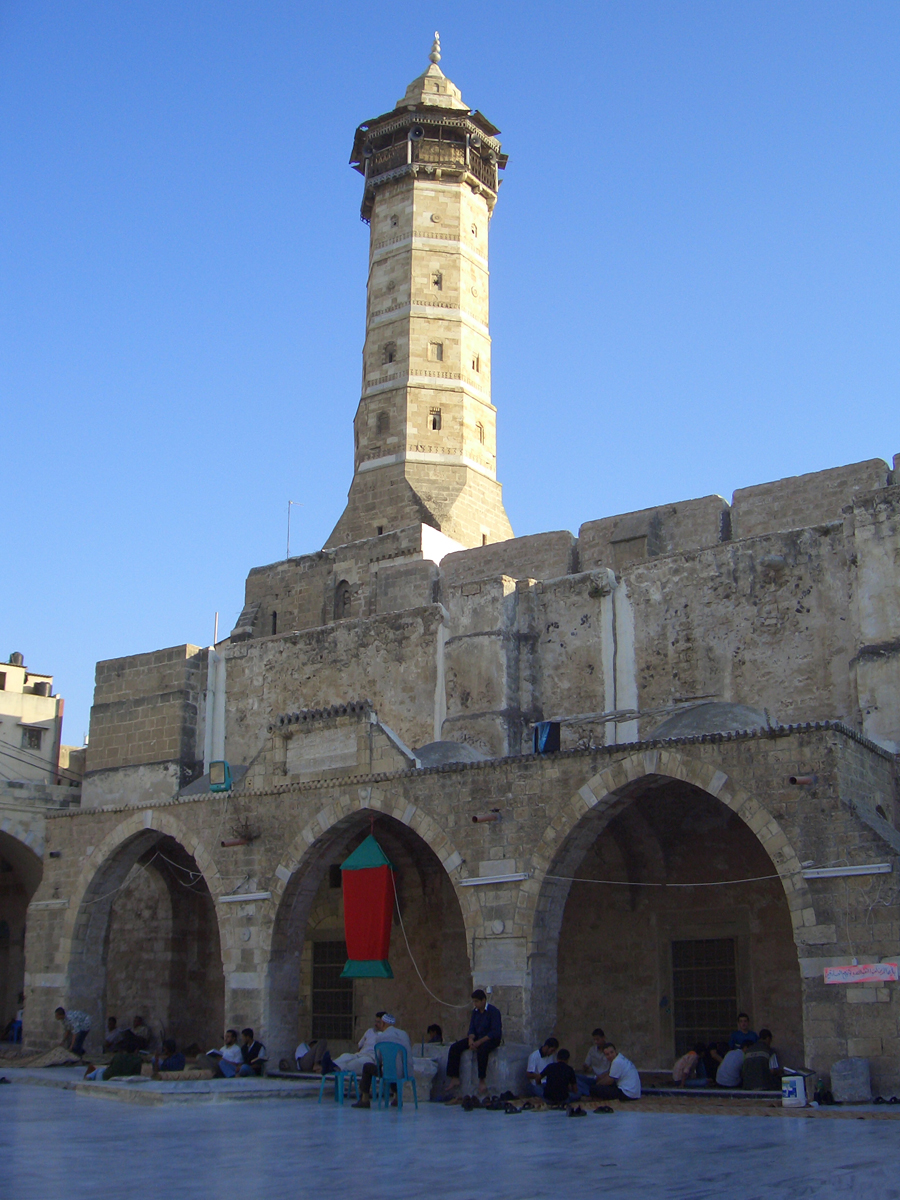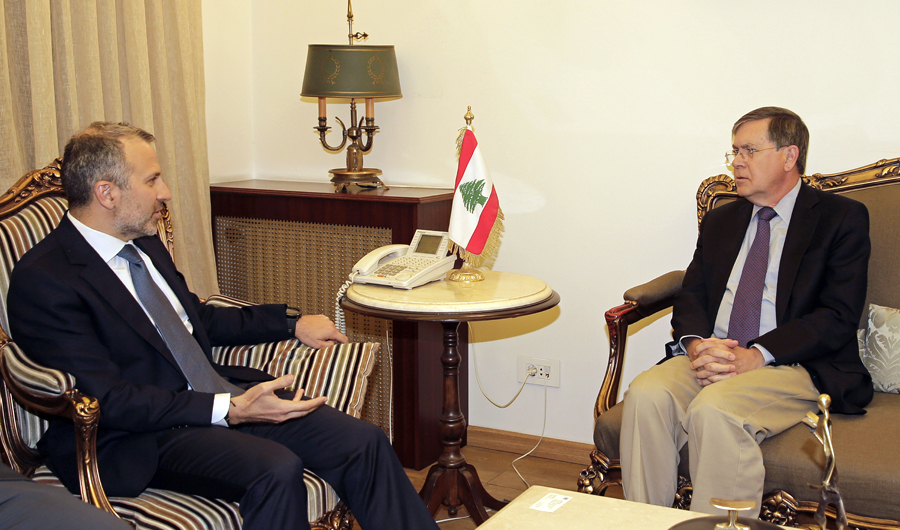Project to restore Egypt’s Groppi cafes to their former glory
CAIRO: In 1884, Giacomo Groppi (1863-1947) came from Switzerland to Egypt where he would establish a celebrated food business bearing the family name.
In 1890, Groppi arrived in Alexandria, where he built a large number of shops. And at the beginning of the 20th century (1909-1925) he established three cafes in Cairo, which still carry his name.
The most famous cafe is located in Talaat Harb Square, in downtown Cairo. This place was the favorite of the upper class in Egypt, and some considered it the most luxurious cafe in the world.
The legendary “Groppi Talaat Harb” is situated at the heart of the Egyptian capital and was until recently a destination for many visitors before it was closed for maintenance and restoration.
“We used to come in the 1950s to the Groppi Garden every morning to eat fresh croissants. I still remember the taste today,” Shafiq Nakhla, an architect, said. “Groppi’s products were better than they were in Paris at the time.”
“No one could compete with Groppi. We could see the aristocratic class who seemed to be going to a party descending from a Rolls-Royce or Cadillac wearing the best hats and neckties, and entering Groppi. “The women wore outstanding dresses,” Shafiq said.
“I learned from my father that many of the characters had their own seats, including the journalist and poet Kamel Al-Shennawi, as well as the writer Tawfiq Al-Hakim and the Nobel laureate Naguib Mahfouz, who read the newspapers there,” said Mustafa, one of the senior waiters.
“I also heard that during World War II the men of the British Eighth Army frequently visited Groppi in Adly Pasha Street, including General Montgomery, who was visiting to enjoy the evenings of jazz in the garden,” Mustafa said.
FASTFACT
Groppi is famous for introducing a number of desserts, along with natural juices and chocolate varieties. It received fame worldwide as it held concerts and hosted musical groups.
“King Farouk, the former king of Egypt, was very impressed with the chocolate made at Groppi and in World War II he sent 100 kilograms of chocolates to King George and his two daughters, Elizabeth and Margaret,” the waiter said.
Groppi is famous for introducing a number of desserts, along with natural juices and chocolate varieties. It received fame worldwide as it held concerts and hosted musical groups.
In 1981, Chizar and Bianchi, the last of Groppi’s heirs, sold the business to the Arab food company Lokma, which tried to preserve the traditional character of the shops in form and style.
To this day Groppi retains its charm, although its condition has somewhat diminished.
Alchemy Design Studio announced in November 2017 that it was reviving the place. The company added through its official account on Facebook that it sought to add modernity to this icon and stressed that it had a sense of pride and responsibility to implement the project.
The National Committee for the Development and Protection of Cairo’s Heritage also issued its recommendations to accelerate the development of the Cafe Groppi.
It previously announced that the project would take six months to a year and was likely to be available again to the public in the second half of 2018, but so far no official statement has been issued for the opening of the Groppi in Talaat Harb.
The other branch, on Adly Street, is also undergoing development work, especially in the garden, while the cafe is half completed. The third branch, located in Cairo’s Heliopolis area, is the only one that is operating at full capacity.
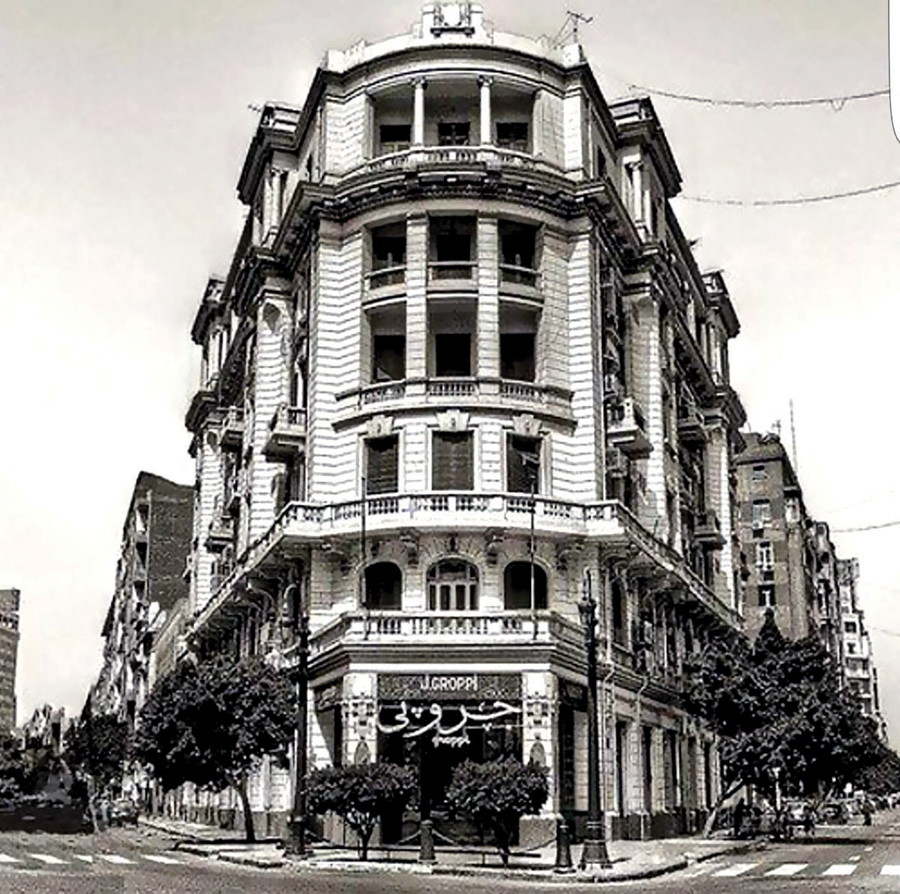
Egypt considers offers for three power plant projectsGoogle Doodle remembers discovery of Egyptian Khufu Ship


